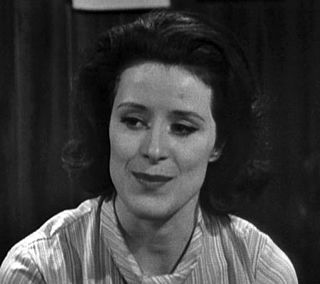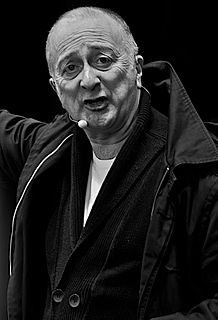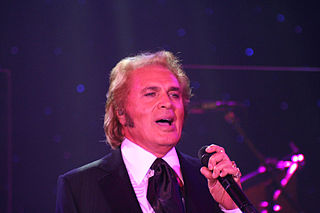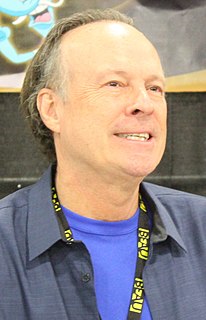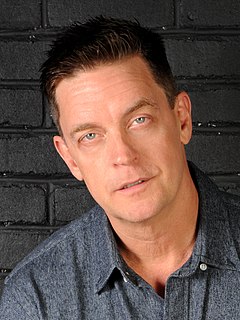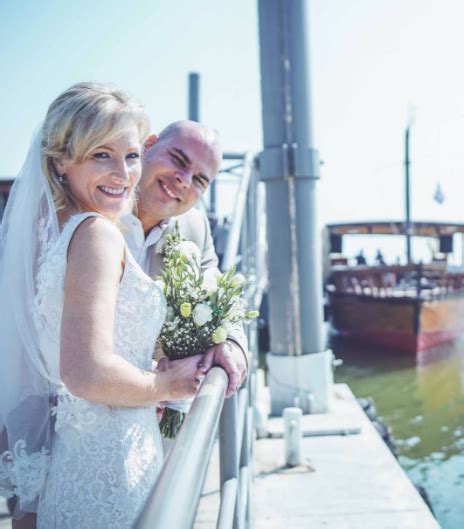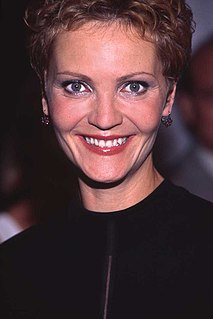A Quote by Emma Healey
I spent a lot of time researching dementia, read papers on the subject, and also found a lot of dementia diaries on the Internet which were a great help in getting an insight into the disease.
Related Quotes
I've had five grandparents who have had Alzheimer's. I've been involved in raising money for two decades, so I thought, how could I combine my work with this commitment to helping dementia? One of the myths is that it's an older person's disease. We're seeing early onset dementia among people at 45. It's the disease of everybody.




